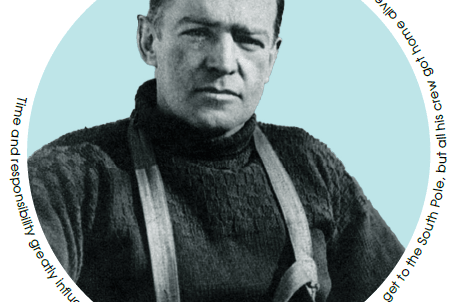Making good decisions
In management, not every decision will be a winner, but we aim to have few that are detrimental, Kerry Dwyer writes.

In management, not every decision will be a winner, but we aim to have few that are detrimental, Kerry Dwyer writes.
IN ARTICLES ON DECISION MAKING, I have neglected to mention how time and responsibility greatly influence it. I recently read that farmers should not be afraid of failure, if they learn and improve for the future. That may be true but has to be read in context.
That good decisions lead to good outcomes is a fundamental of management. But we know that doing the same thing at different times can lead to very different outcomes. How do we get the timing right?
Any decision making has to factor in time, and we all place different importance on that. Time has a different value to a 20-year-old than a 60-year-old. One seems to have a life of time ahead while the other starts to think they are running out of it. It is easy to finish an apprenticeship and be ready to retire. Parenting is a good example of that.
If the decision is faulty and leads to “failure” then what are the impacts on time available? Dealing with a seasonal climate and growing season, timing is often vital to success in the short time available.
For example, having a paddock ready to sow in November might give a very different result to having it ready in December, with differing impacts on management before and after that.
When the boss says every day counts they are probably factoring in experience and their value of time.
When shifting stock, drenching, weaning etc every day’s variance will have ongoing impact. To get it right the impact of time should be factored into the decision making process. When you are under the pump it becomes harder to make good decisions; reverting to habit or reaction is a human thing. I spend time watching local rugby, or rather local rugby referees. In a fast-moving game it is important for referees to consistently make good decisions.
The basic requirements are good information, being the best view of the game and play; and good decision making processes which use that information in a consistent manner. The management process is really no different to business but happens in real time with pressure to make accurate calls, fast.
That leads on to responsibility. When the rugby referee makes a call it impacts on the players, the game and all those watching. When you make a business decision it will have a ripple effect across all those involved in your operation. You must factor responsibility in to your decisions.
Education always costs, either in effort, money or time. If you have a “failure” there will be some cost, maybe you bear that cost solely, or spread it around the team. This is not an excuse to not make decisions but who carries the can?
For example, Shackleton didn’t get to the South Pole but got all his team home alive, while Scott made it but it cost the lives of his team.
It is a values judgement on which gave the better outcome. If your decision costs others effort, money or time, then you should factor that into the decision making process. For example, did you get your machinery serviced and to a fit standard? If it doesn’t work, or breaks down as a consequence of lack of maintenance, who pays? Also, who is responsible for good or bad outcomes should be factored in.
A good coach or captain might spread the love by delegating praise for success, but spreading the burden of failure can kill teamwork. Being the boss and decision maker carries the responsibility of making good decisions. Not every decision will be a winner, we aim to have few that are detrimental to the game.
- Kerry Dwyer is a North Otago farm consultant and farmer.




